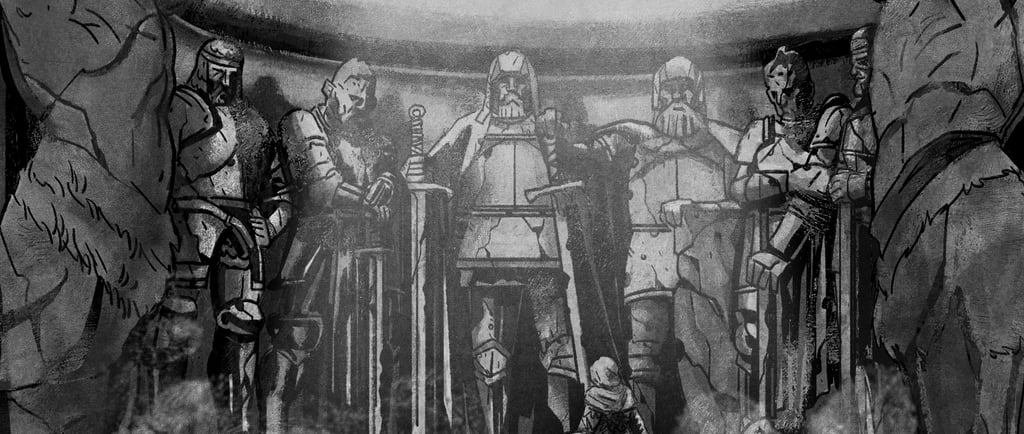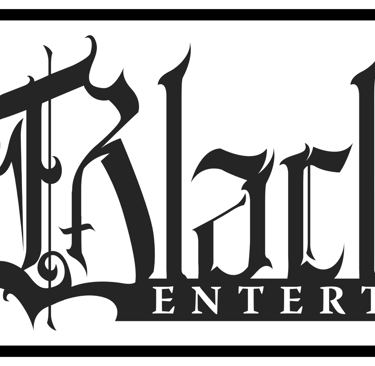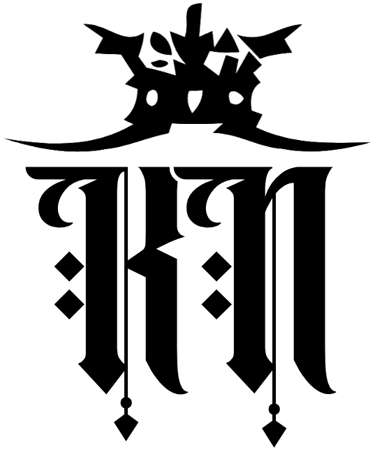Faith and Power in Alderworth
A closer look at the Pantheon
8/13/20252 min read


The pantheon of gods worshipped in the Alderworth Kingdom plays a crucial role in the lives of its citizens, as it’s a rigid and deeply influential force that shapes the very fabric of society and politics. This state religion is defined by its complexity and strictness, with a host of religious laws and systems designed to ensure that life unfolds according to the deities’ specific wishes. The Pantheon’s influence is so pervasive that high-ranking priests often wield significant political power, affecting decisions at a national level.
This power is maintained through a climate of religious intolerance that is uniquely strict, even by the standards of Iskandria. Heresy is considered a capital offense, and to enforce this doctrine, nearly every church associated with the Pantheon has its own active order of inquisitors. Temples and shrines dedicated to these gods are central hubs for worship and community, but also serve as centers of administration and education, where the clergy manage church affairs and record important events.
While the Pantheon is worshipped as a whole, the deities belonging to it are strictly defined, and it’s common for people to choose a patron deity, or to worship in greater degree their family’s patron deity.
Ekoineme, God of Justice: The faith of Ekoineme is characterized by a militant arm known as the Order of Balance, a specialized group within his church.
Auna, Goddess of Duty: The worship of Auna is reflected in the architecture of her temples, which are often designed to resemble formidable fortresses, mirroring her divine domain.
Hesie, Goddess of Purity: Priests and clerics devoted to Hesie often take on the role of healers, tending to both the physical and emotional wounds of their communities. This makes Hesie one of the most beloved deities in the pantheon.
Sonlios, God of Fire: The followers of Sonlios see fire as a purifying element, and his priests use it for this purpose. Few other cults are as feared as the Sonliosians.
Kevona, Goddess of Night: The divine purview of Kevona often sees her offering patronage over those following somewhat illegal paths, and there have been many attempts at removing Kevona from the pantheon, often initiated by the followers of Ekoineme.
Anera, Goddess of Luck: Anera is uniquely popular among the downtrodden and unlucky, who try everything in their power to get back in her grace.
Sothos, God of Death: Sothos is the god of death within the kingdom’s pantheon. He is a solemn god that ensures the passage of souls to the other side, making him and his followers uniquely equipped to deal with necromancers and the undead.
Vuntune, Goddess of Victory: Vuntune is worshipped as the goddess of victory. She is very popular among soldiers and fans of the arena.
Hythos, God of Vengeance: Hythos is known as the god of vengeance in the pantheon. He is seen as a different aspect of Ekoineme, one that helps those who have been let down by official justice.
The Unnamed, God of Shadows: This enigmatic deity is part of the pantheon, although many wonder why. He has almost no following, and his priests are rarely seen.
Jherenos, God of Magic: Jherenos is the god of magic, and his temples are both places of learning and vaults of magic artifacts, making his priesthood wardens of some of the most powerful items in Iskandria.




